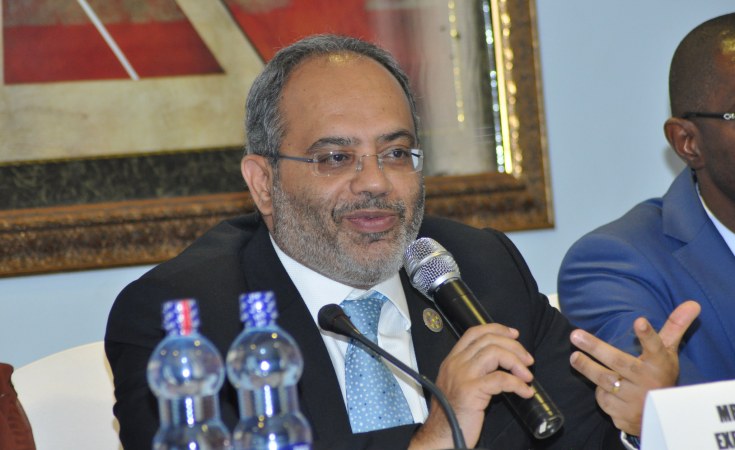Johannesburg — Africa has experienced good progress in the democratization of its states, institutions and people but democracy remains fragile and tenuous and the possibility of many reversals lurks, said Mr. Carlos Lopes, the Executive Secretary of the Economic Commission for Africa at the 15th Harold Wolpe Memorial Lecture held at Witwatersrand University, Johannesburg, South Africa.
During a lecture titled "Diagnosing African Politics", Mr. Lopes informed the audience that the Mo Ibrahim Index on African Governance released one week ago says it all about democracy in Africa: we have progressed until recently but now we are stalling.
Africans have made advancements: citizens' political participation is on the increase, there is better observance of the rule of law, political freedom is widening, conflicts have largely receded, and with increasing political stability and predictable political environment, steady economic growth has been posted.
"Africa remains a continent in transition. A continent in which both domestic and external forces are impacting on the nature of its politics and economy. Diagnosing African politics in its complexity and variety therefore requires social analytical approaches and methodological tools that take cognizance of history, social structure and context, political agency and the institutional framework of political action and policy," concluded Mr. Lopes.
It is not all doom and gloom indicated Mr. Lopes, underscoring the vital role played by civil society in politics. While in politics the winner takes all syndrome often prevails, the rise and flourishing of civil society spells a good omen for democratic politics in Africa, Mr. Lopes believes.
"The possibility of accountability from below is increasing by the day as citizens' demand for rights and opportunities. Civil society claims and agitations may begin to reshape not only the character of politics but also the nature and essence of the state," said Mr. Lopes.
Mr. Lopes reminded the audience that diversity marks African countries with the continent having about 2,110 living languages constituting about 30% of the World's total. Political regimes range from multi-party system to military dictatorships, one-party rule, political monarchies, and sometimes outright political autocracy and tyranny, are familiar to contemporary Africa. Some argue that in terms of politics, we should talk about "Africas" and not "Africa" in a monolithic sense, Mr. Lopes added.
Mr. Lopes provided a historical background of the woes and triumphs of the continent by highlighting the impact of colonialism -its practice and its institutions- on the African population; the influence of the Cold War and the impact of the post-independence nation-building project. These have rendered African politics diverse and perhaps in need of different methods of application that can account for historical differences and experiences between states.
According to ECA and UNDP, while progress is limited and uneven on the quality and content of the democratic process in Africa, there is some consensus that the nature of politics is changing in Africa.
The Harold Wolpe Memorial Trust hosts annual memorial lectures in Cape Town, Johannesburg and Durban to celebrate and advance Harold Wolpe's intellectual and political legacy. Harold Wolpe, born in 1926 in Johannesburg, was a leading member of the struggle against apartheid and lecturer.


